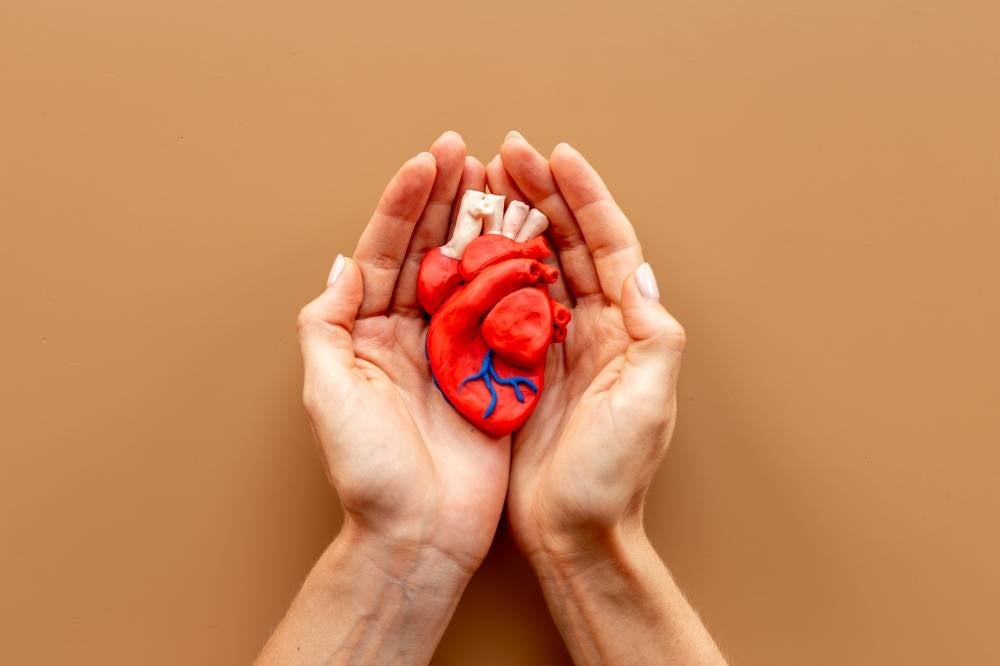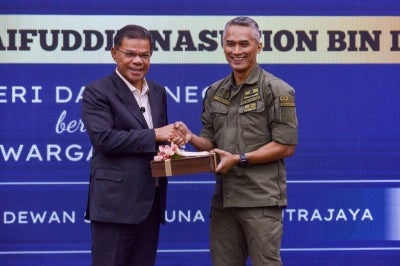Malaysia sees surge in organ donors, but kidney transplants face 10-year wait

SHAH ALAM - Organ donation plays a vital role in Malaysia, with efforts being carried out to educate the public, offer psychological support and promote organ donor registration.
These initiatives aimed to dispel misconceptions and encourage more Malaysians to become organ donors.
National Transplant Resource Centre (NTRC) deputy director Dr Hasdy Haron said as of Aug 31, this year, the country recorded a significant increase in registered organ donors with a total of 372,020 individuals who have pledged to donate their organs.
He said these unsung heroes have contributed various organs including kidneys, hearts, lungs, livers as well as less-mentioned ones like corneas, heart valves, bones and skin.
Most of these donors, he said were aged between 18 and 49.
However, a pressing issue was the extensive waiting list for kidney transplants, with patients facing an average wait of 10 years, he added.
He also listed down the waiting list for different organs.
Kidney (Adult): 10,262
Kidney (Paediatric): 225
Liver (Adult): 6
Liver (Paediatric): 6
Heart: 13
Heart and lung: 3
Dr Hasdy said there were a total of 24,158 individuals who have expressed their intention to be organ donors.
"Among them, 51 generous souls have become actual donors after passing away.
"Since the inception of organ transplantation efforts in Malaysia in 1975, the country has successfully conducted a total of 2,979 transplant surgeries, highlighting the positive impact of organ donation," he said.
He also emphasised on the importance of providing psychological support to the families of donors during their grieving process and acknowledging their emotional strength and commitment to this noble cause.
Commenting further, Dr Hasdy said NTRC was actively promoting organ donation through various means, including through educational websites, engaging social media campaigns and awareness initiatives held at locations such as shopping malls.
Besides that, he said the centre also collaborated with educational institutions from primary schools to universities to instill the values of organ donation among the younger generation.
In addressing the misconceptions of organ donation, Dr Hasdy acknowledged the fact that some people might mistakenly believe that it was contradictory with their religious or cultural beliefs.
However, he said organ donation was actually aligned with the diverse religious and cultural beliefs in th country adding that it would not cause delays in funeral arrangements.
"Organ donation is entirely permissible across diverse religious and cultural backgrounds in Malaysia and the organ retrieval process is executed with the utmost reverence and diligence," he said.
Dr Hasdy said NTRC has made the registration process for organ donation accessible to individuals of all ages except those below 18 who required their guardian's consent through technology including the user-friendly MySejahtera app.
He stressed the importance of initiating open dialogues within families to ensure that one's wishes concerning organ donation were both known and respected.
He also called upon non-governmental organisations (NGOs), media outlets and influencial figures in the country to join forces and help raise awareness about organ donation.
“I hope that organ donation will become an integral part of the Malaysian ethos ultimately saving more lives through this profoundly altruistic act," he said.
Download Sinar Daily application.Click Here!















